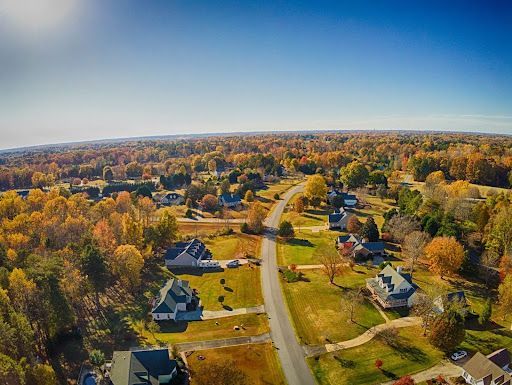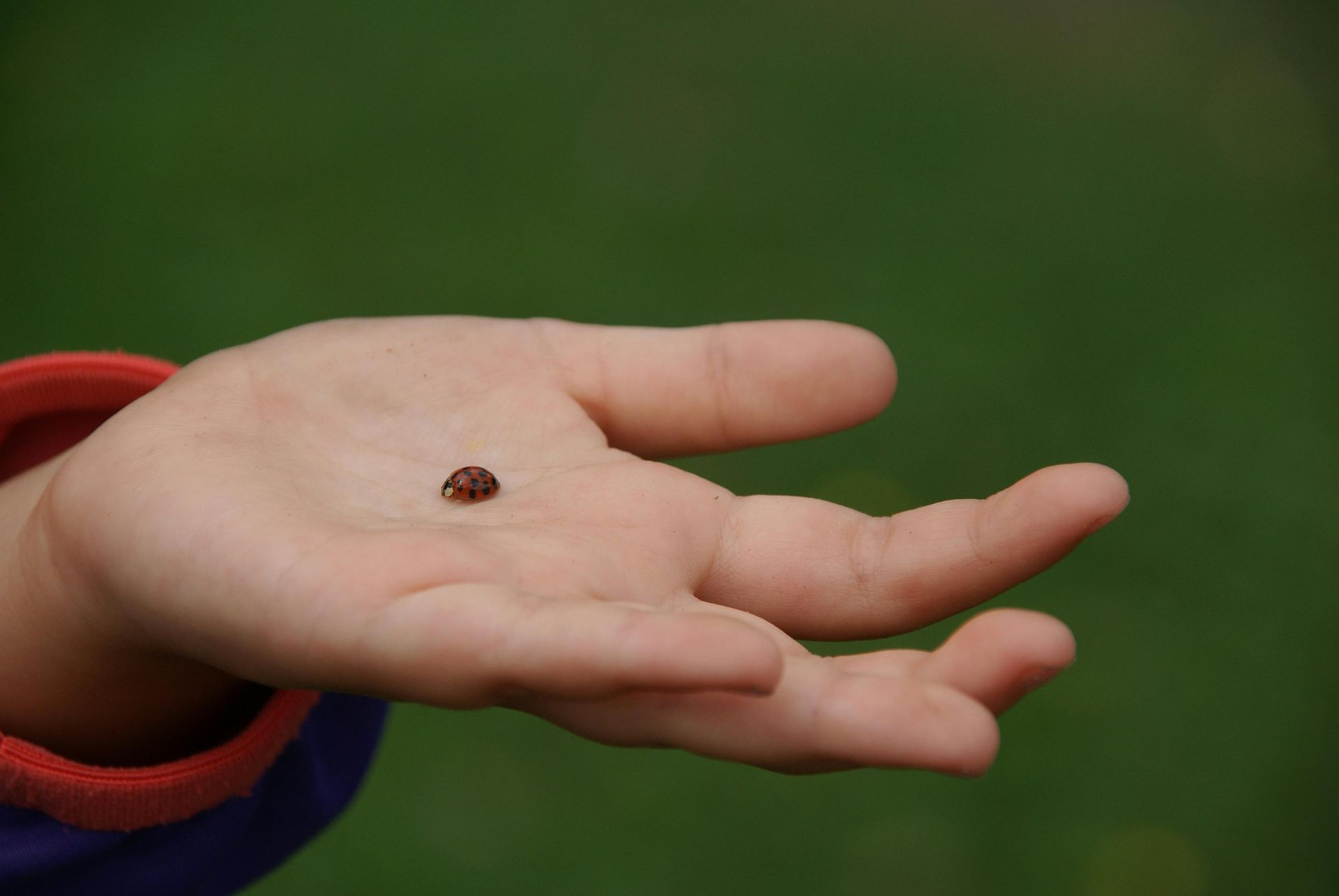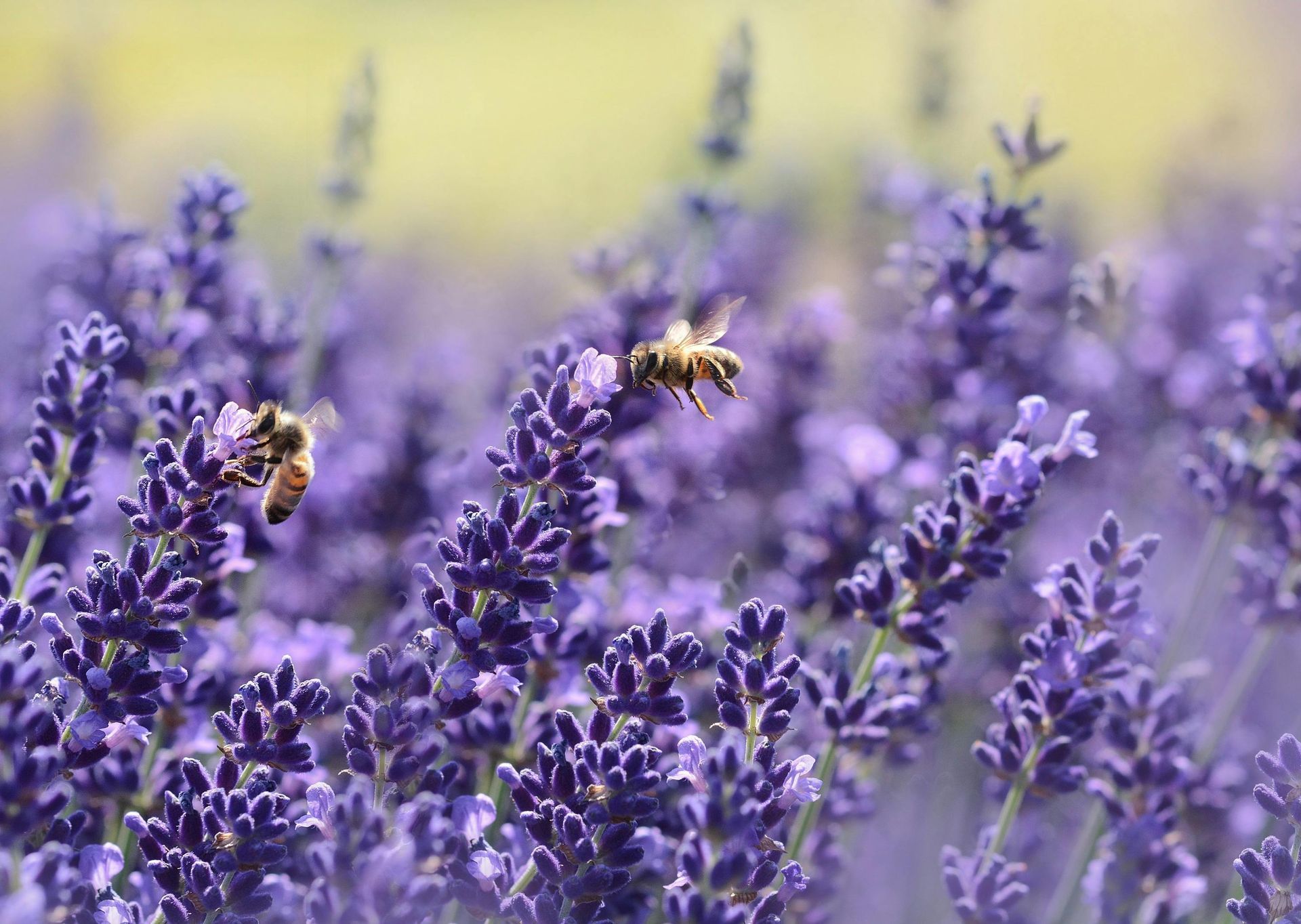Kitchen Conundrums: Simple Steps to Prevent Household Pests
Kitchens are often considered the heart of the home, filled with the warmth of cooking and the joy of shared meals. This central hub can also become a hotspot for unwelcome guests—household pests. These intruders are not only a nuisance but can also pose health risks and damage property. Understanding why kitchens attract pests and adopting effective prevention strategies can help ensure that this beloved space remains a safe and enjoyable environment for everyone.
Understanding the Attraction: Why Kitchens Are Pest Magnets
Kitchens provide an ideal habitat for pests due to the constant availability of food and water. These elements are essential for pest survival, making kitchens a prime target. Ants, cockroaches, and rodents are among the most common pests found in these spaces. Ants are attracted to sugary substances, while cockroaches thrive in warm, moist environments, often hiding in dark corners. Conversely, Rodents are drawn to the food crumbs and waste often found in kitchens. The design and layout of kitchens can inadvertently create habitats conducive to pest habitation. Gaps behind appliances, unsealed food containers, and leaky faucets provide shelter and resources for these unwelcome visitors. Identifying these issues is the first step in effectively addressing pest problems.
Effective Food Storage Solutions
Proper food storage is crucial in minimizing pest attraction. Using airtight containers for storing food can significantly reduce the risk of pest infestations. To prevent access, dry goods like cereals and grains should be kept in pest-proof packaging. Organizing pantry items allows for easy identification of potential pest activity, making it easier to spot and address issues promptly.
Waste Management: Keeping Trash in Check
Improper waste disposal is a common cause of pest problems in kitchens. Using sealed trash bins and adhering to regular disposal routines can deter pests. It is important to ensure that trash bins are emptied frequently and cleaned regularly to eliminate odors that attract pests.
Composting can be a sustainable way to manage waste, but it must be done carefully to avoid attracting pests. Properly maintaining a compost bin by balancing green and brown materials and covering it can help keep pests at bay.
Regular Cleaning Habits for a Pest-Free Kitchen
Maintaining a clean kitchen is essential in preventing pest infestations. A regular cleaning routine should target common pest hotspots, such as under appliances and in corners where crumbs and spills often accumulate. Immediate cleaning of spills and crumbs is necessary to avoid attracting pests. Using natural cleaning agents can be both effective and environmentally friendly. Vinegar and baking soda are excellent options for cleaning surfaces without introducing harsh chemicals into your home. Scheduling deep cleaning sessions can help maintain a pest-free kitchen environment by reaching areas that are often overlooked during daily cleaning.
Sealing Entry Points: Keeping Pests Out
Pests often enter kitchens through cracks, crevices, and other openings. Identifying and sealing these entry points is crucial in preventing infestations. Caulk or weather stripping can be used to seal gaps around windows, doors, and other potential entryways. Regular inspections of your kitchen can help identify new entry points that may have developed over time. Paying attention to areas around plumbing and electrical fixtures can prevent pests from gaining access to your kitchen.
Maintaining a clean and clutter-free environment can deter pests from making your kitchen their home. Keep all food items stored in airtight containers and promptly clean up spills or crumbs. Trash bins should be covered tightly and emptied regularly to minimize attractants. It's also wise to inspect grocery bags and packages before bringing them into your kitchen, as pests can hitch a ride on these items.
The Role of Professional Pest Control
Professional pest control services can play a vital role in maintaining a pest-free kitchen. These experts can offer eco-friendly pest control solutions that are safe for both your home and the environment. In situations where infestations are severe or pests are located in hard-to-reach areas, professional intervention may be necessary. Eco-friendly pest control services focus on minimizing the impact on the environment while effectively managing pest issues. This approach aligns with the values of many homeowners who prioritize sustainability.
Cultural and Geographical Considerations
Local climate and culture can significantly impact pest behavior and prevention strategies. In Nevada, where Natura Pest Control operates, the dry climate can influence the types of pests that homeowners encounter. For example, certain ants and cockroach species thrive in arid environments and may require specific prevention strategies. Homeowners in areas like Reno should be particularly vigilant about pests that are common in their region. Community initiatives and resources can provide valuable support in managing pest issues. Local organizations often offer workshops and resources to help residents tackle pest problems effectively.
The Importance of Education and Awareness
Educating yourself and your family about pest prevention is an important step in maintaining a pest-free kitchen. Awareness of the common signs of pest activity can lead to early detection and treatment. Workshops, online resources, and community events can offer valuable information on pest control and prevention techniques. Understanding the lifecycle and habits of common kitchen pests can also aid in prevention efforts. By knowing when pests are most active and what conditions they prefer, you can tailor your prevention strategies to be more effective. Sharing this knowledge with others in your household ensures everyone is on the same page when it comes to maintaining a pest-free environment.
Understanding the reasons behind pest infestations and implementing effective prevention strategies can help keep your kitchen pest-free. By focusing on proper food storage, waste management, regular cleaning, and sealing entry points, you can create an environment that is less inviting to pests. Professional pest control services can offer valuable support in maintaining a pest-free home. Education and awareness further empower homeowners to take proactive steps against potential infestations. By staying informed and vigilant, you can protect your kitchen from becoming a haven for pests.
For professional pest control services tailored to your specific needs,
reach out to Natura Pest Control. Our team of experts is dedicated to providing eco-friendly solutions to keep your home safe and pest-free.




